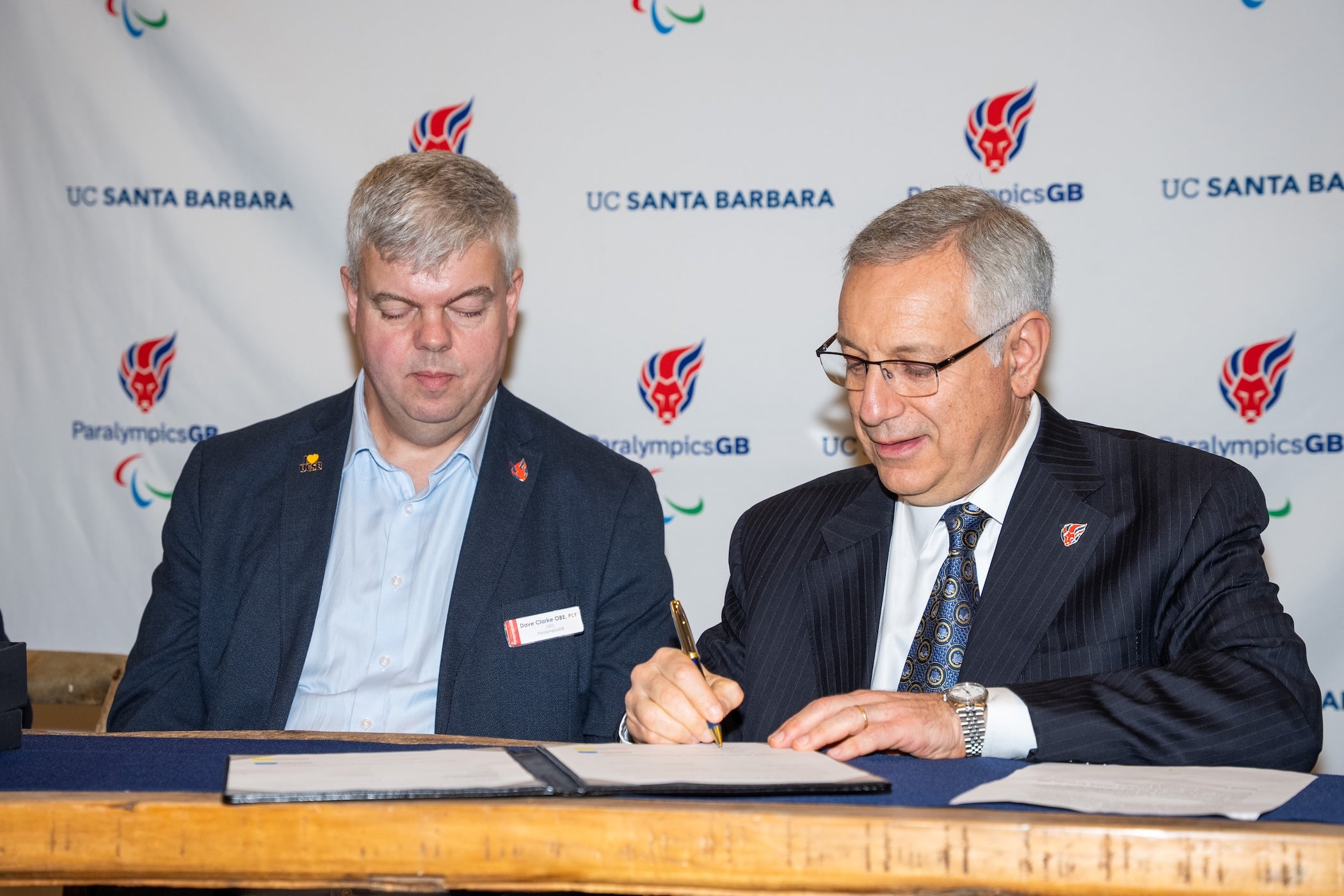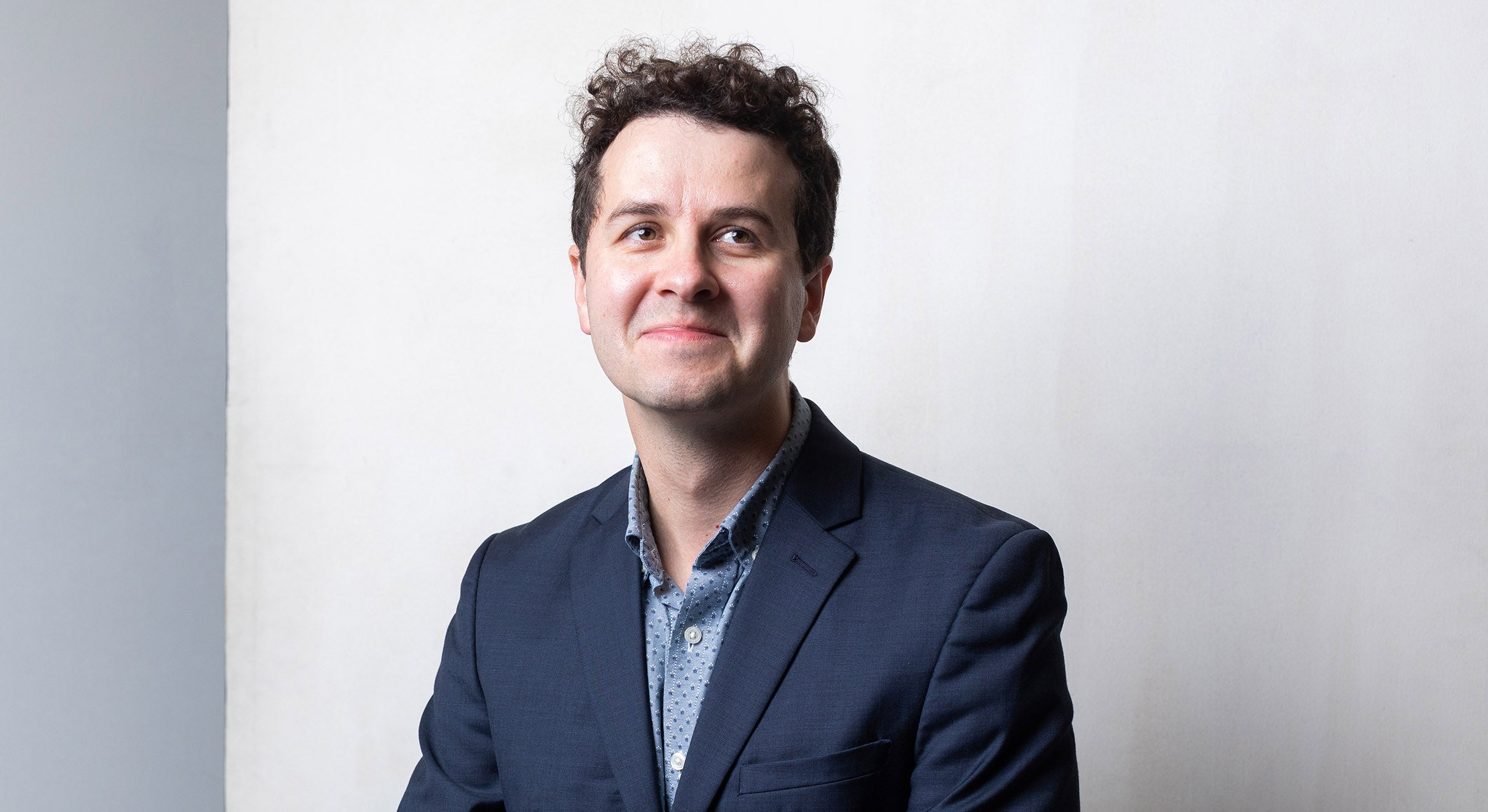UCSB historians Ya Zuo and Vladimir Hamed-Troyansky awarded Stanford humanities fellowships

Of the eight highly competitive external fellowships offered by the Stanford Humanities Center for the 2023–24 academic year, two have been awarded to UC Santa Barbara faculty.
Historians Ya Zuo and Vladimir Hamed-Troyansky will join more than two dozen new and returning Stanford fellows, a mix of historians, philosophers, anthropologists and scholars of literature and the arts.
A cultural and intellectual historian and associate professor in the Department of History, Zuo during the fellowship tenure will work on her second book. Tentatively titled “A Thousand Streaks of Tears: Emotion, Identity, and Society in Medieval China (600−1400),” the work is an interdisciplinary project exploring the social function of emotional crying, namely how tears signified social identities and addressed power relationships fundamental to the operation of Chinese state and society, Zuo explained.
“The book analyzes how elite men, ethnic minorities, women, and religious practitioners respectively employed lachrymose power to define selfhood and flourish across borders and cultures,” she said.
An expert on middle-period and early modern China, Zuo’s first book, “Shen Gua’s Empiricism” (Harvard University Press, 2018) is a study of historical epistemology; her other publications cover a diverse range of subjects, including sensory history, book history and the history of emotions.
Hamed-Troyansky, a historian of migration and displacement and assistant professor in the Department of Global Studies, will also be working on his second book.
Tentatively titled “Global Hijra: Muslim Refugee Migration Since 1850,” the work approaches refugee migration from the Balkans, Caucasus, Central Asia and South Asia not only as a product of war but also as a formative moment in nation-making and state-building throughout Eurasia, he explained.
“Specifically, I focus on the concept of hijra, an Arabic term for Muslim emigration or migration to preserve one’s faith,” he said.
“This project seeks to understand what hijra meant to different Muslim refugee communities who had to flee their homelands because of imperial conquests, ethnic cleansing and partitions,” he added.
“Global Hijra” will build on Hamed-Troyansky’s first book, the forthcoming “Empire of Refugees: North Caucasian Muslims and the Late Ottoman State” (Stanford University Press). The book, scheduled for publication in 2024, examines the resettlement of roughly 1 million refugees from the Caucasus throughout the Middle East and the Balkans in the half-century before World War I.
Following his fellowship at Stanford, Hamed-Troyansky will continue his research as a Fulbright Global Scholar in Turkey and Pakistan.
“One of the most gratifying aspects . . . is selecting fellows whose ideas and approaches seem likely to complement one another and then, starting in the autumn, seeing them learn from each other,” said Roland Greene, the center’s director. “We’re eager to welcome the new cohort and to see what kind of work they produce together.”
The Stanford Humanities Center was established in 1980 to advance research in the humanities and social sciences.
Keith Hamm
Social Sciences, Humanities & Fine Arts Writer
keithhamm@ucsb.edu



